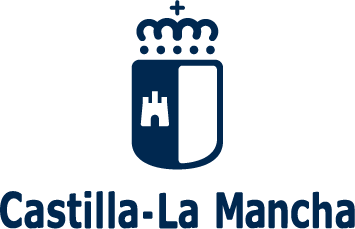TIRANTES (the Netherlands) organised the 4th virtual meeting for sharing good practices in the framework of the RedEra+ project.
The fourth web meeting of the RedEra+ project took place on the Teams platform on Tuesday 18 May 2021 from 14:00 to 15:55.
The working session started with a presentation of the content of the good practices and their respective speakers by Theo van de Veerdonk.
Veronique Scharenborg and Simon Maas, representatives of AgriFood Capital, then took the floor. AgriFood Capital is a partnership of companies, research centres and government authorities in North East Brabant that is designing policies for the development of the food systems of the future. The region located in the South East of the Netherlands has a powerful agri-food cluster made up of some 7,500 companies that employ 59,200 people (more than 17% of the total number of people employed in the region). The value of its exports reaches 4.8 billion euros. They also have leading university centres in their vicinity. They enjoy very low unemployment rates (3.3%) but are finding difficulties to attract young people, especially in the more rural eastern part of their region. In recent years they have tried to move towards a model less focused on animal protein. The region is home to major international companies but also has a strong base of local SME’s that are increasingly focusing their efforts on knowledge and advanced technology. Their strategic agenda includes initiatives aimed at a resilient labor market, animal welfare, limiting waste, promoting precise and demand driven production and new nutritional models. They are involved in training and even financing new business projects. They have supported 400 business initiatives since 2008. Finally, the speakers highlighted their vocation to participate.
Hans de Jong, Director of VET school De Leijgraaf, one of the 40 vocational training schools (VET) in the Netherlands, then presented the main lines of their technical training programme for food product operators. After 4 years of collaboration with the private sector, they are managing to provide continuous training in line with the demand of the agri-food sector, with courses and internships in companies in the sector, which also allows them to attract younger people. To this end, they rely on the collaboration of the vocational training system (VET) at the lower and intermediate levels, the administration, companies in the sector, as well as technology experts and a learning platform that complements the internships. For the dissemination of their programme to young people, they have the cooperation of 12 other vocational schools. They rely on major companies such as Heineken, but also others from different sectors such as some in the biomedical sector. Their programmes are varied and target, among others, the agri-food industry for which they organise 3 courses of between 2 and 2.5 years. Due to demand from industry, they have launched a 1-year course. It is financed by contributions from companies, the Ministry of Education and through fees from intermediate level students. Among other examples of collaboration, he finally highlighted the e-learning platform in the field of process engineering recently launched.
Finally, Frank Wind presented the project "The family pig", a project focusing on an alternative and integrally sustainable pig production system that revalues the role of the pig and the position of the farmer in the future food system. The speaker underlined the importance of pig production as a source of protein in our diet and stressed that this project highlights the fact that the livelihood of farmers and livestock farmers is at the heart of rural societies and is threatened by the consolidation of value chains that pay little for their contribution. At the heart of this business initiative are circularity, feed and animal care that emphasises animal welfare by reducing costs with natural feed and limiting expenditure on pharmaceuticals. This project is supported by a strong partnership that works collaboratively. In terms of collaborators/funding, on the public side, the authorities at local, regional and national level and even European funding stand out. On the private initiative side, several companies are collaborating in the project. Wageningen University and AgriFood Capital are also stakeholders.









